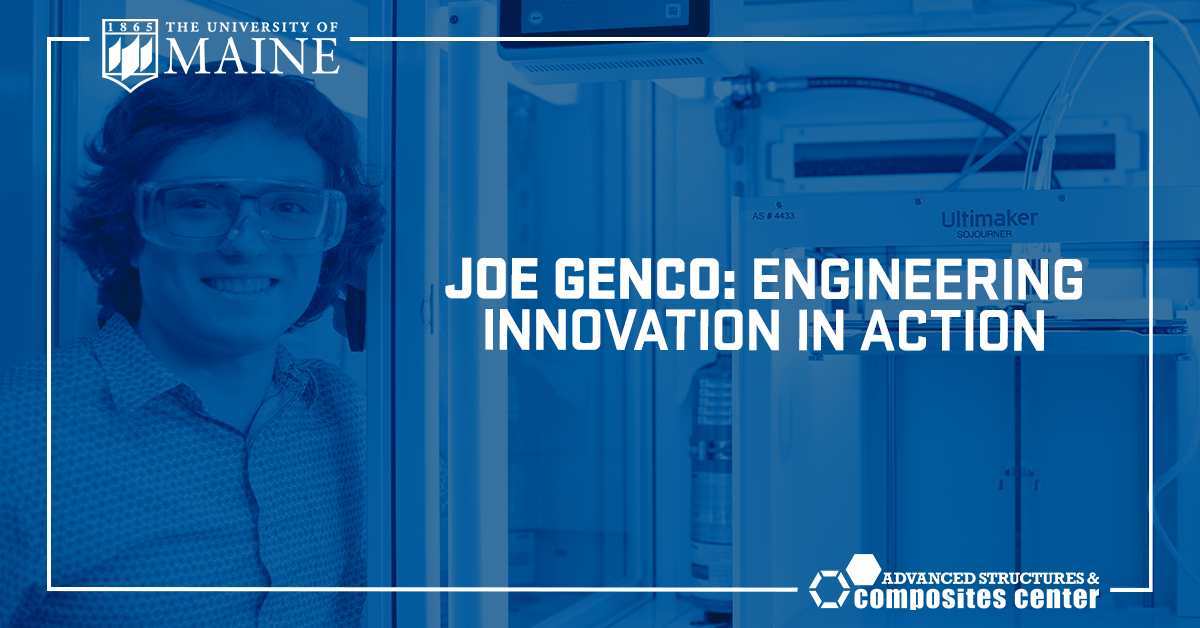Campus weather closure at 11 a.m. Feb. 23
Posted: February 23, 2026 - 5:37 AM
In light of the inclement weather, campus will close Monday, February 23, at 11 a.m. In-person and online classes beginning at that time or later are cancelled. Campus will reopen Tuesday, February 24, at 5 a.m. Only employees designated essential by Storm Day Staffing Plans should remain on campus after 11 a.m.


